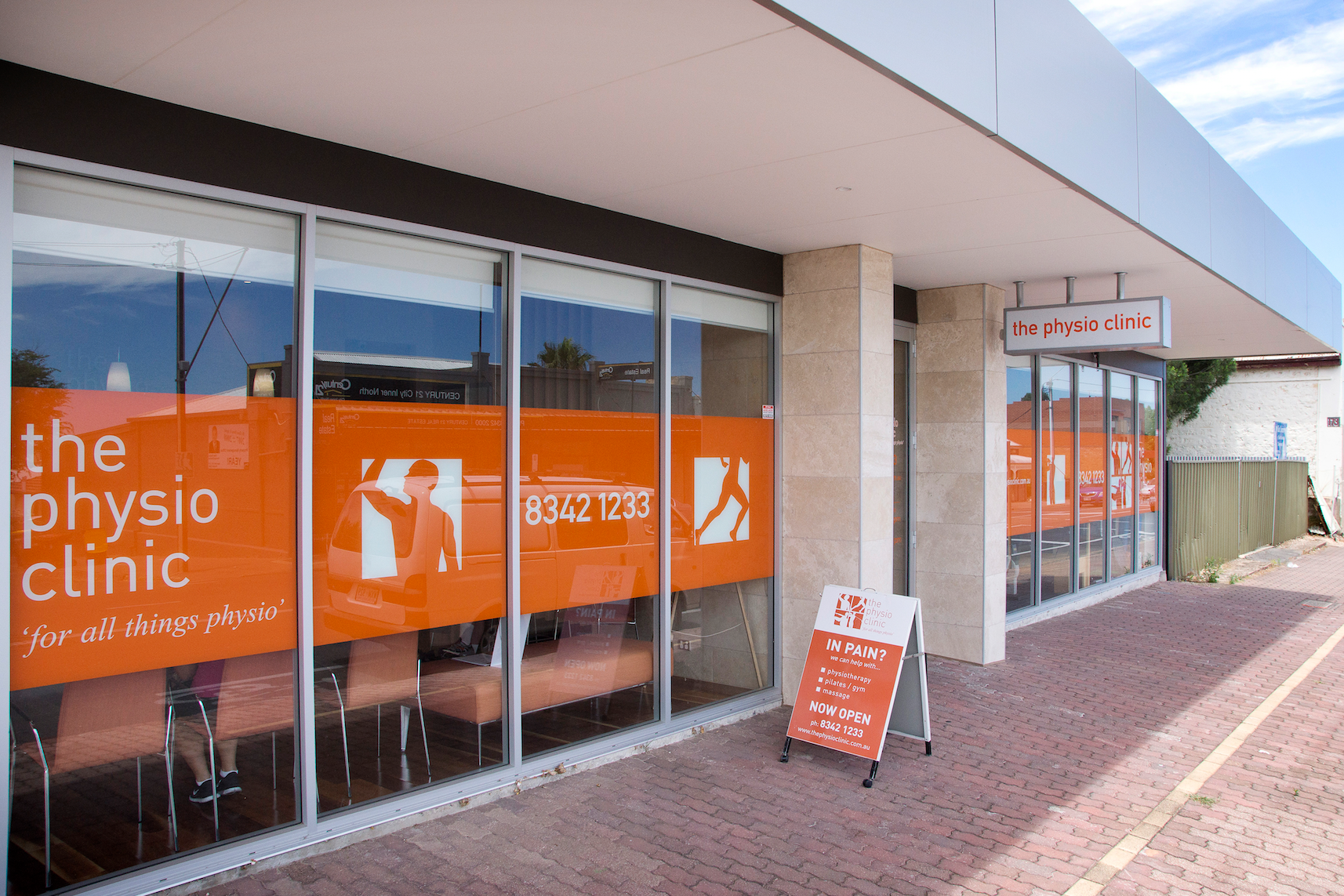Monday the 14th of November is World Diabetes Day! This day is a global awareness campaign established in 1991 by the IDF and the World Health Organisation. The theme this year is Access to Diabetes Care, as millions of people around the world do not have access to diabetes care, which is essential for managing this condition.

What is Diabetes?
Diabetes is a serious complex condition which can affect the entire body. Diabetes requires daily self care and if complications develop, diabetes can have a significant impact on quality of life and can reduce life expectancy.
There are 2 main types of Diabetes, Type 1 Diabetes (T1DM); a genetic condition which often shows up early in life, and Type 2 Diabetes (T2DM) which is mainly lifestyle-related and develops over time. However, there is also a 3rd type known as Gestational Diabetes, which can occur during pregnancy.
T2DM is the most common form of diabetes, affecting 85-90% of people diagnosed with diabetes. Older adults are most likely to develop T2DM, however an increasing number of younger adults are developing it.
What is T2DM I hear you ask? Great question! T2DM involves the body responding ineffectively to a hormone produced by the pancreas called Insulin. This results in the body’s cells being unable to absorb the blood glucose and turn it into energy, with a subsequent build-up of glucose (sugar) in the blood.
Both healthy eating and regular physical activity and exercise are important for T2DM management.
How does exercise help with Diabetes?
Whilst everyone can benefit from regular exercise, people suffering from diabetes are encouraged to engage in regular physical activity due to its vital role in the management of their condition.
Exercise can improve the way our muscles respond to insulin, therefore assisting the regulation of blood glucose levels for some hours after exercise. Also, exercise can lower the dose of insulin that’s required by improving how the body responds to it (insulin sensitivity), i.e. if the body can absorb more of it, then less of it needs to be produced in the first place.
Some of the extended benefits of exercise include:
- Improved blood pressure (important for preventing further complications)
- Weight management
- Reduced risk of heart disease
- Improved stress levels
What type of exercise is best?
There is no specific format of exercise that is better or worse for dealing with diabetes, but we recommend a mixture of supervised and unsupervised exercise programs, varying in frequency, intensity and duration. General health benefits can be seen as a result of at least 150 minutes per week (2.5 hours) of moderately intense physical activity, coupled with strength training at least twice per week.
What am I entitled to and how can an Accredited Exercise Physiologist help?
Type 2 Diabetes sufferers are eligible for “Group Allied Health Services under Medicare.” Essentially a management plan, clients are able to receive referrals to Exercise Physiologists through their GP, allowing them 1 assessment for group services per calendar year and up to 8 group allied health services per calendar year.
The Physio Clinic has university-qualified Exercise Physiologists (EPs) who specialize in designing and delivering safe and effective exercise interventions for people with Diabetes, chronic medical conditions, injuries or disabilities.
Under the guidance of our EPs, diabetes patients are assessed and prescribed individualised, periodised programs to ensure you receive the most benefit from your exercise, delivering safe and supervised exercise in our state-of-the-art clinics.
This article was written by one of our Exercise Physiologist Peter Kollis, if you would like to book in to see Peter at Prospect or any of our other Exercise Physiologists please feel free to talk to our friendly admin on 08 8342 1233 or book online.

























